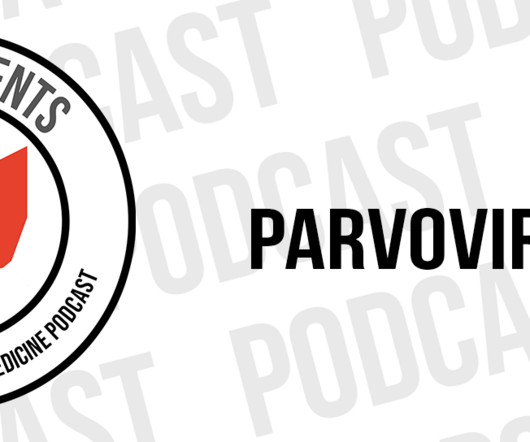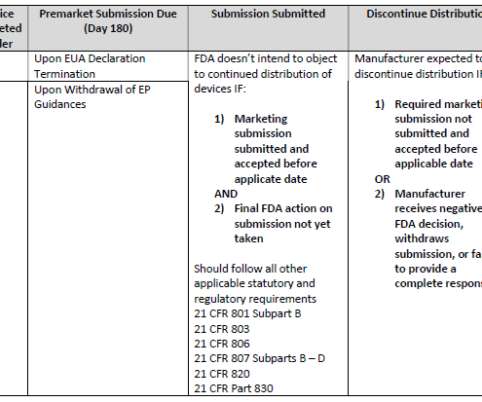“The physician–patient encounter is health care’s choke point” -NEJM
A Country Doctor Writes
JUNE 21, 2025
Its basic argument was that it isn’t sustainable to only see patients one by one in traditional doctor visits. I thought of it the other day when I put together a presentation about Galileo’s way of interacting with patients. 1) Healthcare is not at all customer centered.



































Let's personalize your content